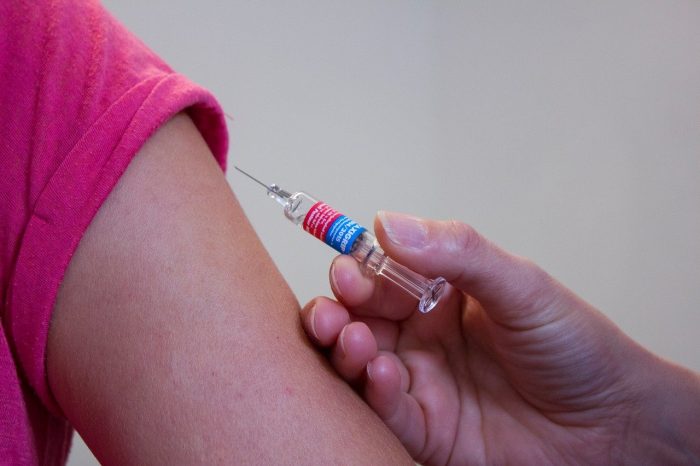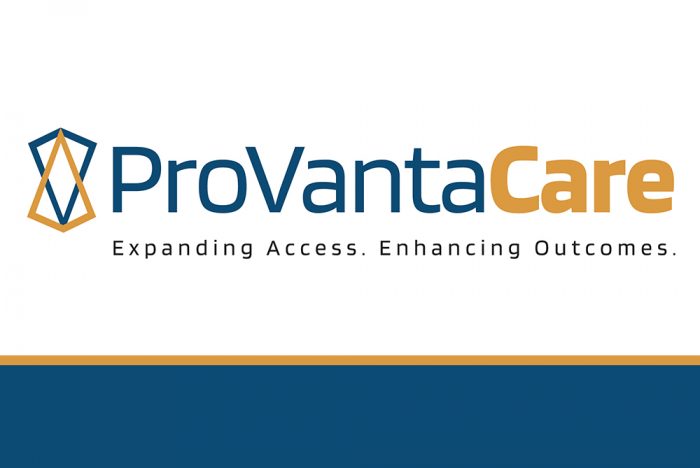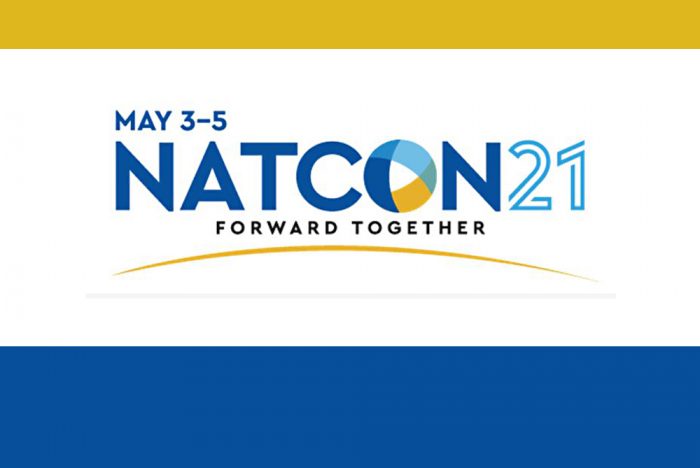RCPA-PAC Needs Your Support
Now, more than ever, health and human service providers need to be proactive in supporting elected officials work towards common sense solutions in the areas of workforce, tax, regulation, health care, and human services.
The Rehabilitation and Community Providers Association Political Action Committee (RCPA-PAC) is asking members to assist RCPA with raising funds for RCPA-PAC. RCPA is advocating for our members with regard to telehealth, regulations, and legislation. RCPA-PAC funds are utilized to attend legislative fundraisers in order for RCPA to lobby legislators face-to-face on health and human service issues.
We need you and your staff to donate to RCPA-PAC because it provides an avenue for our members and staff to make a meaningful impact on the political process. Any funds that you and your staff can contribute will be greatly appreciated. Please note that RCPA-PAC cannot accept corporate checks. Personal checks should be made payable to RCPA-PAC.
Interested in learning more about RCPA-PAC or in donating now? Please visit our website, download the PAC FAQ Card, Donation Card, or email Jack Phillips, RCPA Director of Government Affairs.
Your participation in the RCPA-PAC is completely voluntary, and you may contribute as much or as little as you choose. Donations are not tax-deductible and will be used for political purposes. You may choose not to participate without fear of reprisal. You will not be favored or disadvantaged by reason of the amount of your contribution or decision not to contribute.

















